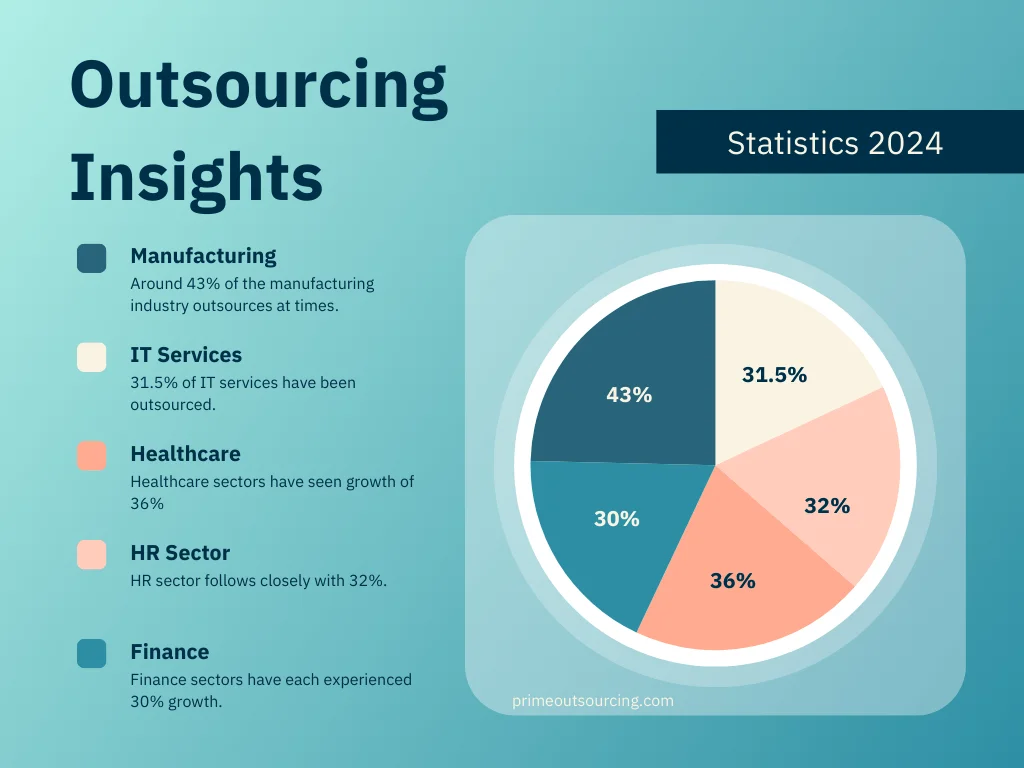This Philippines Outsourcing Transformation is reshaping how services are delivered, improving efficiency, and securing the country’s position in a competitive global market. As the country remains a global leader in outsourcing. With over 1.7 million employees and more than 1,000 BPO companies, the sector contributes 7–8% of GDP and continues to evolve. What once relied on low-cost labor is now shifting to high-value services powered by artificial intelligence (AI).
Philippines Outsourcing Transformation: AI Adoption Redefines BPO Operations
AI is no longer a buzzword for the Philippine BPO industry. By the end of 2024, 67% of BPO companies had already integrated AI into operations. This shift helps firms streamline workflows, cut costs, and maintain service quality even as client demands become more complex.

The result is significant. Industry revenue is projected to reach $38 billion in 2024, supported by a workforce of 1.82 million. AI tools such as chatbots, predictive analytics, and workflow automation are being applied across customer service, finance, healthcare outsourcing, and IT support.
Revenue Growth Fueled by Technology
The numbers highlight how transformative AI has become. In 2022, the Philippine BPO industry generated $32.5 billion, a 10.3% increase from the year before. Now, revenue gains of 5–7% annually are projected through 2028, powered mainly by AI-driven outsourcing models.
This momentum is expected to continue well into the next decade. Forecasts place the industry at $59 billion by 2030, growing at a 7.09% CAGR through 2029. AI not only drives growth but ensures the Philippines maintains its 10–15% share of the global BPO market.
Reskilling Becomes Essential for Philippines Outsourcing Transformation
Growth brings challenges. AI is transforming job roles, and 48% of BPO employees require substantial reskilling to stay relevant. While AI automates repetitive tasks, it also creates opportunities in data analytics, cybersecurity, and advanced customer experience management.
The focus is no longer only on English fluency and communication skills. Workers must now build technical expertise, problem-solving abilities, and digital literacy. Government agencies, BPO associations, and private firms are working together to provide training programs that align with these new requirements.
The Workforce at the Center of Transformation
The BPO industry is one of the Philippines’ largest private employers, adding 121,000 full-time jobs in 2022 alone. Even with AI adoption, employment is expected to remain strong, though job profiles will change.
Instead of replacing workers, AI complements their skills. Customer support agents, for example, use AI tools to resolve issues faster, while back-office employees rely on automation for repetitive data entry, freeing them for higher-value tasks. This combination enhances both efficiency and service quality.
Read Also: The Rise of Freelance Economy Philippines Young Talent
Maintaining Global Competitiveness
The Philippines faces rising competition from India, Vietnam, and Latin America. However, its adaptability gives it an edge. The industry has proven its ability to evolve, from basic call centers two decades ago to high-value, AI-supported outsourcing today.
Global clients continue to favor the Philippines not only for cost advantages but also for cultural alignment, English fluency, and a workforce that embraces technology. By leveraging AI, the sector ensures it remains a preferred outsourcing destination in the years to come.
Read Also: The Shifting Tide of Philippines BPO Industry Outlook
Philippines Outsourcing Transformation: Growth Anchored in AI and People
The Philippines Outsourcing Transformation is not just about adopting new tools. It’s about preparing the workforce, diversifying services, and building long-term competitiveness. With revenue expected to grow steadily through 2028 and beyond, AI-driven outsourcing will be the backbone of sustained expansion. The future of the Philippine BPO sector is the sweet spot where the combination of technology-driven efficiency and human talent meets.

